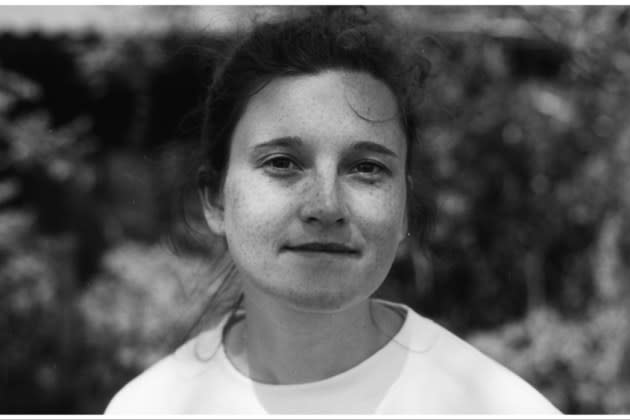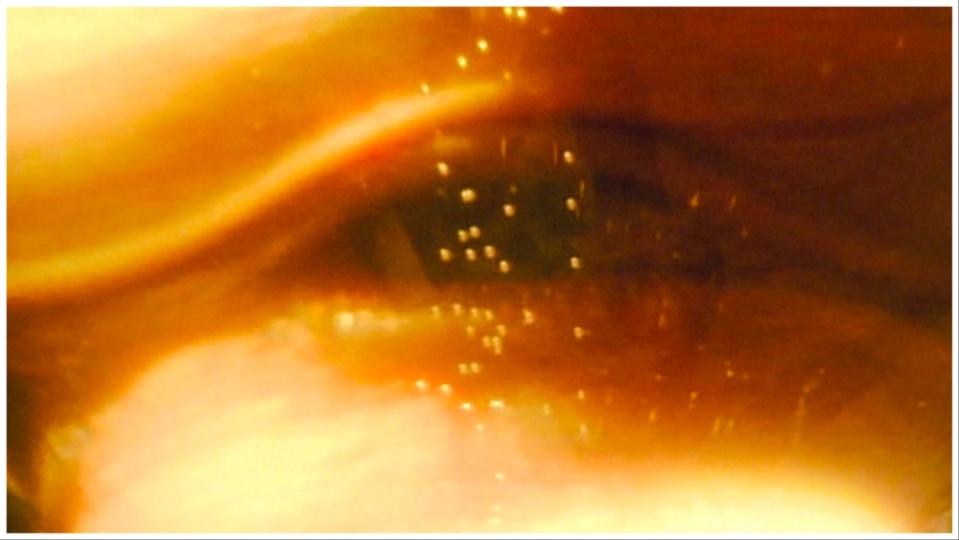Director Olga Chernykh Discusses Mentally Surviving Ukraine War by Working on IDFA Opener ‘A Picture to Remember’

How does it feel to have your feature debut open one of the largest documentary festivals in the world? To director Olga Chernykh, whose “A Picture to Remember” opens the International Documentary Film Festival Amsterdam (IDFA), it feels like a “gift from the universe.”
“A Picture to Remember” is an essay-style account of the war from the perspective of three generations of women within the director’s family. Chernykh, who was granted financial support from the festival’s Bertha Fund and was part of this year’s IDFA Project Space, is thrilled to have her debut premiere at the festival that so greatly supported her filmmaking journey. “When I visited IDFA I kept imagining that one day I could be here with my film. At that point, I was so far from finishing the film that it felt only like a dream.”
More from Variety
“IDFA does a great job in supporting filmmakers coming from countries with emerging talents and a lack of financing,” she says. “They also did a great job reacting to the situation in Ukraine and supporting filmmakers and the community. The festival managed to balance the quality of its selection with the help it can provide to filmmakers. I have so much respect for their vision and what they do.”

The director is referring to the special leg of IBF Classic in 2022, created to support Ukrainian filmmakers during wartime. The fund, Chernykh says, was vital to guaranteeing “A Picture to Remember” got made. “We struggled a lot to finance the project and after the full-scale invasion started, I rethought the film’s structure. We rewrote all the creative parts so we could apply for new grants, and then we received the IDFA Bertha Fund support, which was a huge push.”
By “we,” Chernykh means herself and her editor Kasia Boniecka, her creative partner in the making of “A Picture to Remember.” The director reminisces about having in-depth conversations with Boniecka about how to balance the personal and the political within the film. “It was one of our greatest challenges. But I came to the conclusion that the more open and honest you are with yourself and the deeper you go, the more universal you become, which is kind of paradoxical but you find that this sincerity is what connects us to other people.”
Chernykh interweaves personal archive footage in 8mm and a wealth of images of her home city of Donetsk and wider Ukraine to tell a poignant story of heritage and history. “We worked a lot on the balance of the portrait of the country and the history of this city and immersing it inside a family story because we did not want to have a historical film. This process of understanding how to work with an archive and finding where the abstraction could go was the process we were interested in.”
As for her family, Chernykh guarantees they are thrilled with the project. “My mom loves being in front of the camera and she is quite open and active. My dad is also quite natural and easy to film, but I haven’t shown the final film to them yet as I want them to see it on a big screen. We talked about it a lot and they are incredibly excited. They support me a lot.”
“For me, it’s a way of surviving,” says the director of working on “A Picture to Remember” during the war. “I mentally survived the last year because of my film, and the film helped me to reflect on what is happening with us. I keep thinking of the influence of huge historical shifts and wars on people — even when you manage to concentrate on the small things and react to what is happening, you don’t have the time to think about it and how it really affects our lives. We can’t move forward, we can’t build something new, and I don’t even mean it in a physical way, I mean it psychologically. My film is where I find the strength to keep going.”
Best of Variety
Sign up for Variety’s Newsletter. For the latest news, follow us on Facebook, Twitter, and Instagram.

